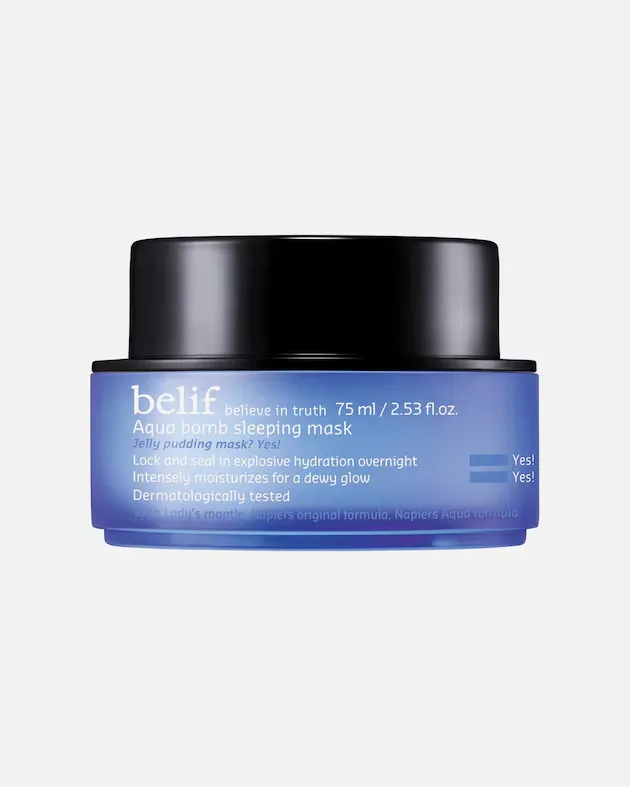
Skincare has become a mirror of our values, and the formulations we choose reflect far more than our concerns about wrinkles or blemishes. They tell stories about sourcing, innovation, ethics, and regeneration. Conscious skin is a culture.
At the heart of this evolution lies a quiet revolution in how ingredients are conceptualized and crafted. Where once plant-based ingredients dominated the "green" conversation, today we are witnessing a sophisticated fusion of botany and biotechnology. Biotech-derived actives, once dismissed as synthetic or impersonal, are gaining ground for their purity, traceability, and performance. These are not lab-grown shortcuts but rather finely tuned expressions of nature through science. Companies like Codex Labs are leading the way with microbiome-centered formulations that support skin health on a cellular level, using biotech precision to deliver real, measurable results.

Meanwhile, brands such as I.D. Swiss Botanicals are integrating adaptogenic herbs and endocannabinoid-activating botanicals in ways that respect the ancestral wisdom of plants while applying clinical rigor.

Conscious skincare in 2025 also embraces complexity. No longer satisfied with one-note promises or overly simplistic marketing, consumers are asking nuanced questions. How is this ingredient grown or synthesized? What is the environmental impact of its production? Does this product honor biodiversity or rely on monocultures? These questions are shaping both formulation and communication, with leading brands opening their supply chains and science to public scrutiny. The Swiss label Plantkos, for example, champions transparency in both sourcing and efficacy, creating formulations that are as gentle on the skin as they are on the soil. Their blends of turmeric, niacinamide, and barrier-supportive botanicals are designed with multicultural skin in mind, acknowledging both scientific data and lived experience.

In Korea and Japan, regions long known for their innovation in skincare, this movement has taken on a unique flavor. Belif, a Korean brand that balances herbal tradition with dermatological insight, continues to inspire global admiration through its minimalist yet potent formulations. Rooted in apothecary heritage, these products deliver on the promise of softness and resilience without overloading the skin. Meanwhile, in Japan, the ethos of "less but better" is embodied in biotech collaborations that prioritize skin harmony over aggressive transformation. These regional approaches, while distinct in aesthetics, converge around a shared sensibility: beauty that aligns with life.

Another key shift in the conscious skin conversation is the rise of circular beauty. It's no longer enough to create biodegradable packaging or carbon-neutral shipping. True circularity means considering the entire lifecycle of a product—from seed to skin to soil. Brands are investing in regenerative agriculture, zero-waste production, and refillable delivery systems not as marketing gimmicks but as core pillars of their business models. This is particularly evident in Copenhagen, where a new wave of Scandinavian brands is emerging with a fierce commitment to both design integrity and planetary accountability.
What makes this moment in skincare so vital is not the innovation alone, but the intention behind it. The most impactful brands in 2025 are not simply optimizing for performance or price. They are reimagining what it means to care – for oneself, for others, and for the planet. They are creating ecosystems of trust, where knowledge is shared freely, and beauty is no longer about chasing youth but about cultivating vitality. Conscious skin, in this sense, is not a trend but a touchstone. It reminds us that we are porous beings, influenced by and influencing the world around us. This holistic understanding is reshaping how we define results. It is no longer about instant glow or overnight perfection, but about long-term resilience, cellular communication, and emotional well-being. Ingredients like fermented peptides, algae-derived collagen, and postbiotic extracts are celebrated not only for their efficacy but for the stories they carry – of innovation, of care, of connection. And perhaps that is the most radical shift of all: the idea that skincare is not just functional but relational.
As we look ahead, the most compelling question might not be what products we put on our skin, but what values they absorb and reflect. In 2025, to speak of conscious skin is to speak of an ongoing dialogue between tradition and technology, between the visible and the invisible, between what is and what could be. It is an invitation to engage, to question, and to choose wisely. Because when skin is treated not as a surface to be fixed but as a living system to be supported, beauty becomes something far more powerful than appearance. It becomes a practice of stewardship – of the self, of science, and of the shared world we inhabit.

